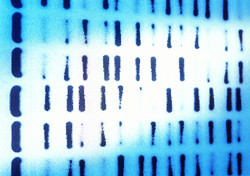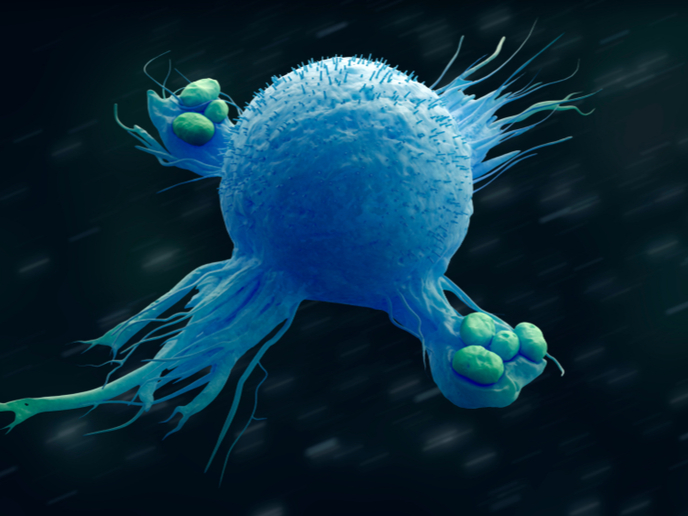New perspective for human genomics tools
Elucidating the human genome did not produce the miracle results expected by some, such as disease cures. However, a large body of information, software tools and know-how was generated as a result. Bioinformatics, the application of IT to biological data, is a rapidly expanding field requiring data analysis pipelines that are dynamic. The goal is to develop flexible and adaptable bioinformatics pipelines. The pipelines that were developed, for instance, can also be useful in studying non-human genomes. The EU-funded ALLBIO(opens in new window) (Broadening the bioinformatics infrastructure to unicellular, animal, and plant science) project has gone further and extended the study of genomics data to plants, animals and unicellular organisms. The research results will be used to coordinate efforts to make human genome related technologies applicable in fields such as microbial, plant and livestock bioinformatics. This is crucial in growing areas such as agriculture, all types of biotechnology and non-human pharmaceuticals and biochemical industries. The project was part of the wider ELIXIR (European life science infrastructure for biological information) initiative, which aims to build an electronic infrastructure that will give biologists better access to relevant data and tools. ALLBIO adapted the pipelines for non-human studies, an integral part being to provide training for all parties involved in the process. They brought together almost 20 communities of researchers and bioinformaticians in different fields related to non-human genomics, who then presented 14 real-world test cases to ALLBIO for further study via hackathons. Hackathons refer to events where programmers collaborate on software projects to produce new tools and web services. Four hackathons were held where participants used the test cases as starting points to develop non-human genomic workflows. Indirectly, hackathons also provided an opportunity for collaboration and knowledge gathering involving different groups of scientists, for example, synergies between wet and dry labs. Three software packages have also been developed as a result. Altogether, ALLBIO partners organised 53 events – including workshops, seminars, training schools and tutorials bringing together nearly 2 000 participants from 36 countries. Thirteen publications are in print and an AllBioCatalogue with more than 4 000 entries relating to tools and services is now available in the life sciences arena.







